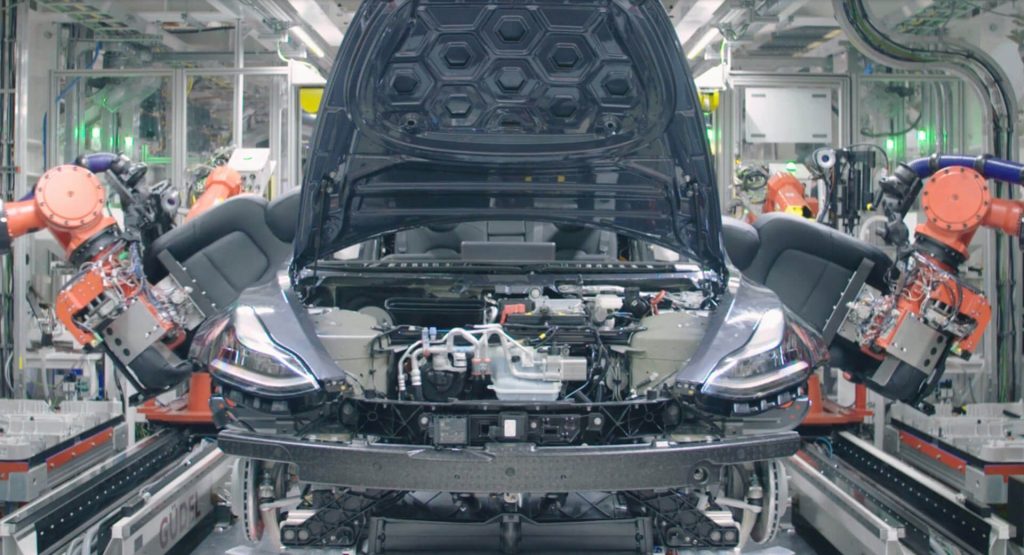Despite all the promises, production of the Model 3 has failed to ramp up to Tesla’s planned numbers. According to Autonews Europe, there’s at least one significant issue causing this delay.
The electric carmaker has revealed that it has designed a new automated system for module production at its U.S. battery factory in Nevada. The only issue is that this system currently resides in Germany after being constructed by the firm’s Grohmann unit.
“That’s got to be disassembled, brought over to the Gigafactory, and re-assembled and then brought into operation at the Gigafactory. It’s not a question of whether it works or not. It’s just a question of disassembly, transport and reassembly,” Tesla chief executive Elon Musk said on a conference call.
When the system is operational in the United States, Tesla must then fix material handling constraints at its assembly plant in Fremont, California in order to meet its 5000-a-week goal by the end of June.
Currently, Tesla is targeting an output of 2500 cars a week by the end of March. According to Evercore ISI analyst George Galliers, missing this target could hurt the brand.
“Should Tesla miss its 2.5k unit weekly production target, for the end of Q1, investors will be left disappointed and concerns will increase,” he said.






